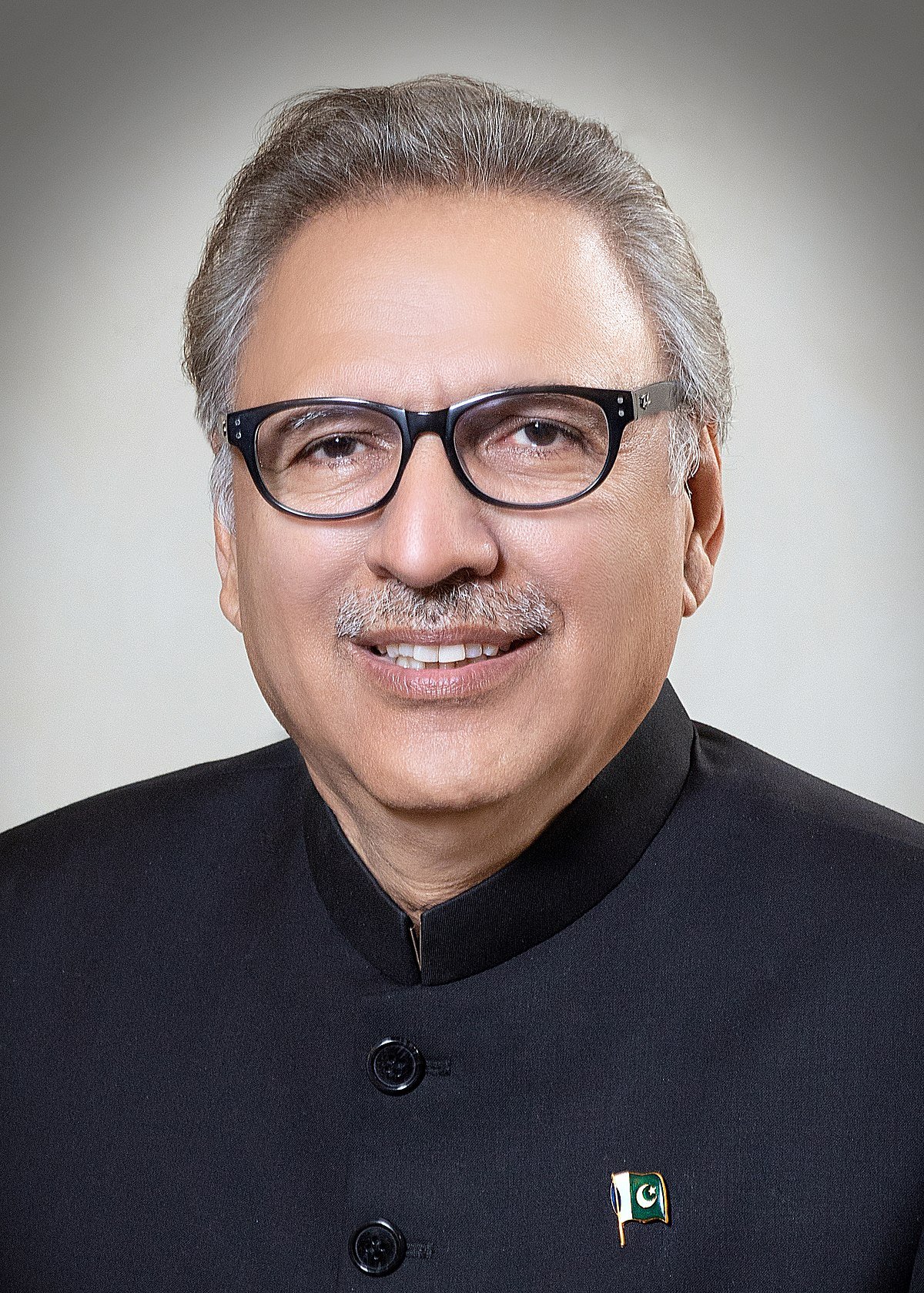President Arif Alvi has been economical with the truth
By Justice KatjuThe President of Pakistan Arif Alvi has stirred up a hornet’s nest in Pakistan by this tweet :” As God is my witness, I did not sign Official Secrets Amendment Bill 2023 & Pakistan Army Amendment Bill 2023 as I disagreed with these laws. I asked my staffContinue Reading
